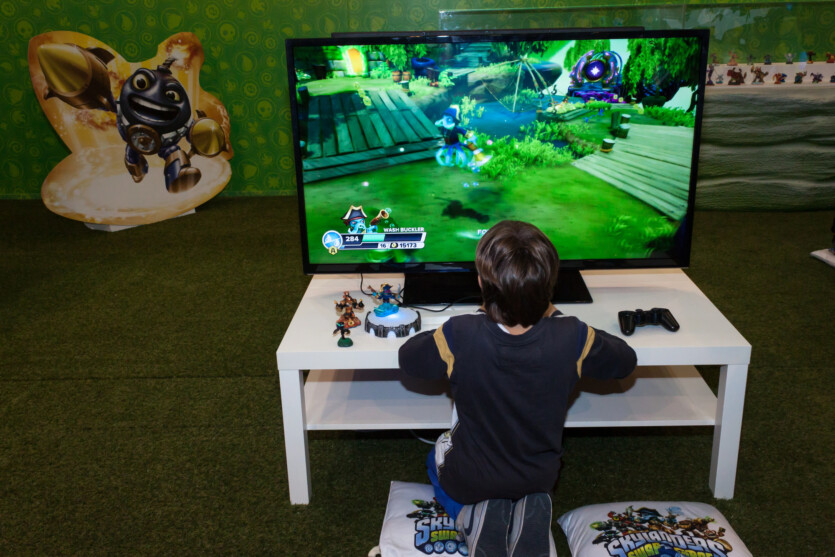
New restrictions introduced by Chinese regulators will apply during the winter vacation period, starting in mid-January and lasting until February 14 — during this month, local children will be allowed to play PC games for a total of no more than 15-16 hours.
Major Chinese video game companies — Tencent and NetEase — have already confirmed their commitment to complying with the rules. The former company announced a 15-hour limit effective from January 13 to February 13, and the latter company — a 16-hour limit from January 15 to February 14.
Recall that the first such strict restrictions — one hour per day on Fridays, Saturdays, Sundays, and public holidays — were introduced back in August 2021 to “combat children’s addiction to video games.” Meanwhile, no limits have been set on the use of other online entertainment (such as watching short videos on social networks) in the country yet.
Overall, in recent years China has somewhat relaxed its stance on games, considering hit titles, like Black Myth Wukong, as a powerful tool for promoting Chinese culture. Last year, the local Video Game Licensing Authority and the National Press and Publication Administration approved over 1400 games, including 1306 Chinese and 110 from foreign publishers — the most since 2019. However, a strict licensing system still seems to suppress the domestic gaming market: despite the popularity of Black Myth: Wukong, sales of local video games in the country only increased by 1.7% in 2024 to 261 billion yuan ($35.6 billion), prompting Chinese gaming studios to go abroad.
Tencent and NetEase have consistently adhered to the regulators’ requirements aimed at preventing “youth’s excessive indulgence in games.” For several years now, the companies have been using facial recognition systems to verify whether children are using adult accounts to circumvent restrictions.
By the end of 2023, there were approximately 200 million Internet users under the age of 18 in China, and at least a quarter exceeded the game limits in 2024, according to a report from China Audio-Video and Digital Publishing.
Source: SCMP, Insider Gaming

Spelling error report
The following text will be sent to our editors: